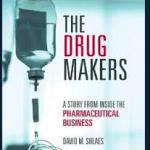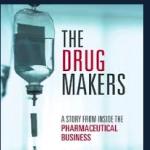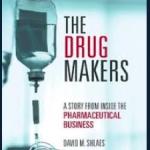Yesterday I watched what I considered to be an historic FDA advisory committee
antibiotic discovery
Last week, a small, publicly held antibiotic biotech, Nabriva, announced that it would wind down its operations. Everyone still there lost their jobs.
A recent article in Politico (blogger won’t let me use links for some reason), suggests that there is a good chance PASTEUR won’t pass this legislative session. I just don’t get it.
“One chilly November morning in 1964, the Medical Expedition to Easter Island set out from Halifax on a Canadian Navy vessel. On board were microbiologists, virologists, parasitologists, medical doctors and 200 sailors.
John Rex (thank you) just sent out an email highlighting a paper emanating from the Milliken Institute on how private investment could
We are about to dedicate an entire ASM/ESCMID session to planning for the implementation of forthcoming pull incentives. We do this because we all agree that without signifi
Without a significant pull incentive, our pipeline of new antibacterials is doomed. This must be our top priority.
Lately I have become intrigued by the word, innovation. Innovation is used as a criterion for funding grants, for status in reviews of our antibiotic pipeline, for intelligence, imagination and many other great things.
This is not the MRSA pandemic, ladies and gentlemen. Let's take a look at the MRSA pandemic. In US hospitals, even today (latest CDC data is from 2014), 46% of S.












